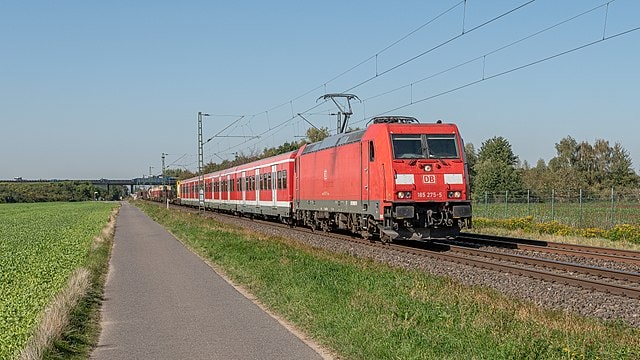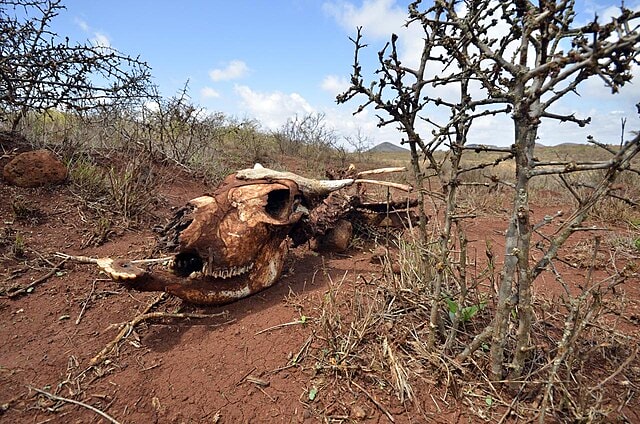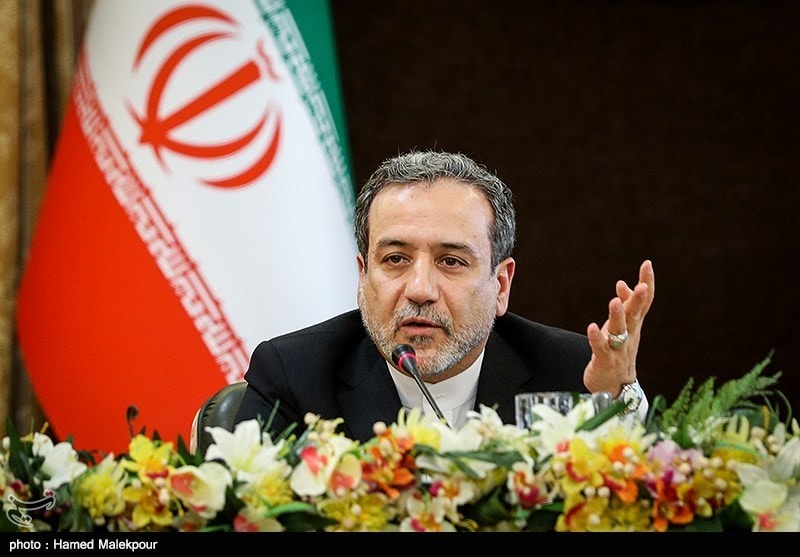A 2022 report by the World Bank identified a critical barrier to improving agricultural practices in Africa: the scarcity of environmental data. This lack of information on factors like soil quality, rainfall patterns, and pest prevalence makes it difficult for farmers to make informed decisions about planting, irrigation, and pest control.
This data gap ultimately hinders efforts to improve agricultural productivity and food security across the whole continent.
Startup Amini offers an innovative agricultural platform that uses artificial intelligence (AI) and satellite technology, providing a range of services including crop monitoring, yield prediction, risk assessment, and automated claims processing.
Their solution empowers smallholder farmers across Africa with access to affordable and reliable crop insurance, while offering data-driven insights for more efficient decision-making in the agricultural sector.
Meet Amini
“Africa is still the most data-scarce continent,” said Kate Kallot, CEO and founder.
Founded in 2023 by Kate Kallot, Amini is based out of Nairobi, Kenya, with additional headquarters in Delaware, USA
Before founding Amini, Kallot was running the AI chipmaker Nvidia’s emerging markets business. In 2023, TIME magazine named Kallot as one of the 100 Most Influential People in AI.
“Data is the start of any economic revolution,” said Kallot in the announcement. “Our thesis is that one of the reasons why the continent hasn’t been able to develop itself as fast as the Global North is because of the lack of data.”
In May of 2023, Amini raised a $2M pre-seed funding round led by Pale Blue Dot, a seed-stage climate tech startup fund. And by November of 2023, they raised a $4M seed round backed by Salesforce Ventures and Female Founders Fund.
“The big aspiration of Amini is to be a pure platform play. We are not going to solve the entire continent’s problems, and that is why we are focusing on making sure that we have good environmental data for Africa. And then give thousands of developers and people tools to help them create even more innovative solutions for their communities,” Kallot told Techcrunch.

The Amini Way
Amini is built on five core values that guide and push them:
- People First: Building for real people, with real needs to make their lives better.
- Planet Conscious: The startup believes human progress shouldn’t come at the expense of the planet. The Earth sustains us, and they work every day to ensure it continues for generations to come.
- Technology Leapfrogging: Driving a massive shift that positions Africa as a leading force in the global economy.
- Mission Driven: Success is measured by the number of lives transformed, not just features launched.
- Open & Transparent: Amini believes in a fair and transparent value chain. Where everyone is fairly compensated, the Earth is protected, and we hold each other accountable.
“Supporting local teams with the right computing infrastructure to then start understanding the challenges in their communities is what’s next,” says Kallot. “So we are kind of enabling other Aminis to also seek to also solve the problems of their communities and their countries.”
Amini’s approach is rather a collaborative one, positioning itself not as the sole problem-solver, but enabling Africa to transform the world, by empowering the ecosystem through data & fostering opportunities for one billion lives.
Related Articles: Regenerative Agriculture Is Our Most Powerful Relationship With the Earth | How Does Climate Change Affect Agriculture? | Regenerative Agriculture as a Carbon Solution Powerhouse
Looking ahead: closing the data gap
Africa’s potential for growth is vast, with 65% of the world’s uncultivated arable land, as reported by the African Development Bank. Yet, the OECD reports Africa contributes only 3% to global GDP highlighting the crucial need to bridge this gap.
While Amini’s presence in the market is relatively new, their impact is undeniable. With one of their clients being multinational AON to improve their sustainability practices.
And as Amini continues to grow and refine its technology, it is not just closing a data gap — it’s opening up new possibilities for a more resilient, productive, prosperous and sustainable agricultural future in Africa.
Editor’s Note: The opinions expressed here by the authors are their own, not those of Impakter.com — Cover Photo Credit: Unsplash














